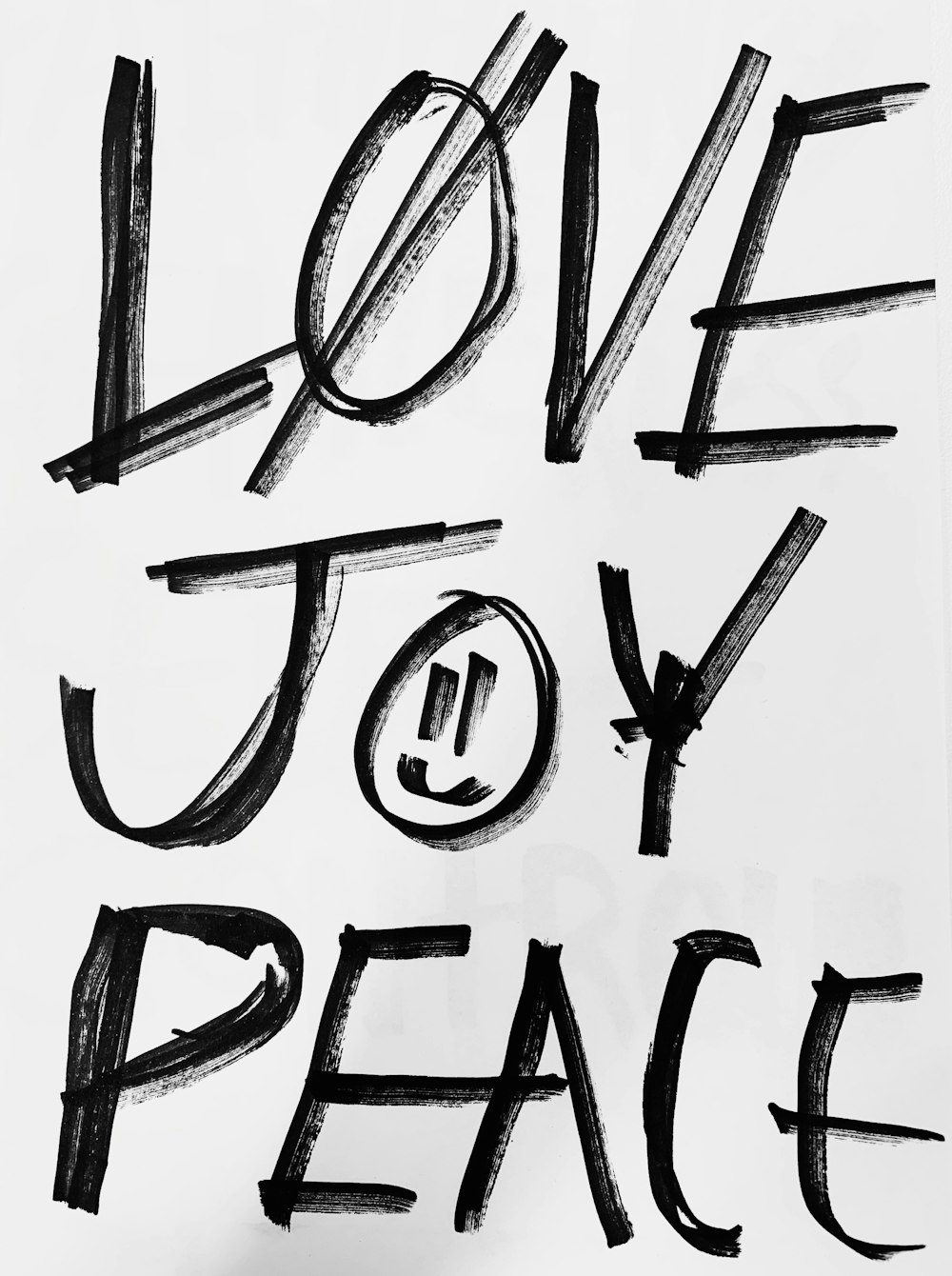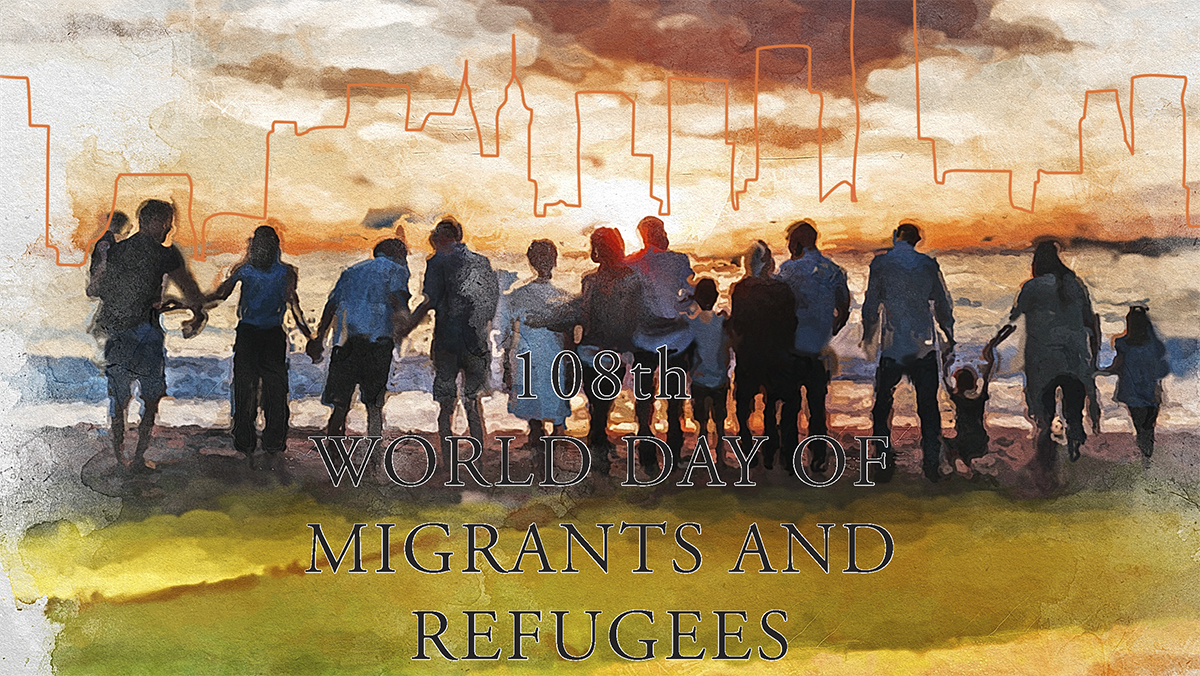Many of our problems come from failure to live a proper life style.
One often runs across the Ku Seun-ja prescription for a healthy life
on the internet. However, its reliability as historically accurate in
understanding of Asian ethical thinking is open to doubt. The story does
show that in certain segments of Korean life it did ring true and
traditional Asian and the Christian West did see the ethical life in
similar ways. For those who read
Korean—https://83100052.tistory.com/15708582
The famous doctor
was once approached by a man in his 40s with all kinds of complaints.
The doctor listened and said with the medicines we have it will be
difficult to cure but if you follow this prescription you will be on a
way to a cure.
The doctor's prescription had 30 items.
1) No bad thoughts 16) Know how to be fulfilled
2) Do good things 17) Diligence and integrity
3) No Deceit 18) Always Kind
4) Lead others rightly 19) Save in every way you can
5) Live within your means 20) Moderation
6) No jealously or envy 21) Don't kill any life
7) No trickery 22) No anger
8) Sincerity in all things 23) No violence
9) Always do the right thing 24) No Avarice
10) Know that life is short 25) Act prudently
11) Live with a clean heart 26) Submit to reason
12) Beware of selfishness 27) Help the weak lovingly
13) Patience 28) Know when to withdraw
14) Gentleness 29) Maintain tranquility
15) Humility 30) Keep secrets
Looking
at the 30 items there is little that the Christian would have
difficulty with except for 'not killing any life'. The virtuous life
would be seen as similar. The above items would be the Asian idea of
the person living according to reason.
The article concludes with the
writer mentioning the passage in the Christian Bible in which St. Paul
in his letter to the Galatians mentions the 9 fruits of the Spirit:
Love, Joy, Peace, Patience, Kindness, Goodness, Trustfulness,
Gentleness and Self-control. However his summary of the situation in the world, he wonders if you would find any Christian, Catholic or
Protestant, in their words or actions who would be bearing these fruits
of the Spirit.






